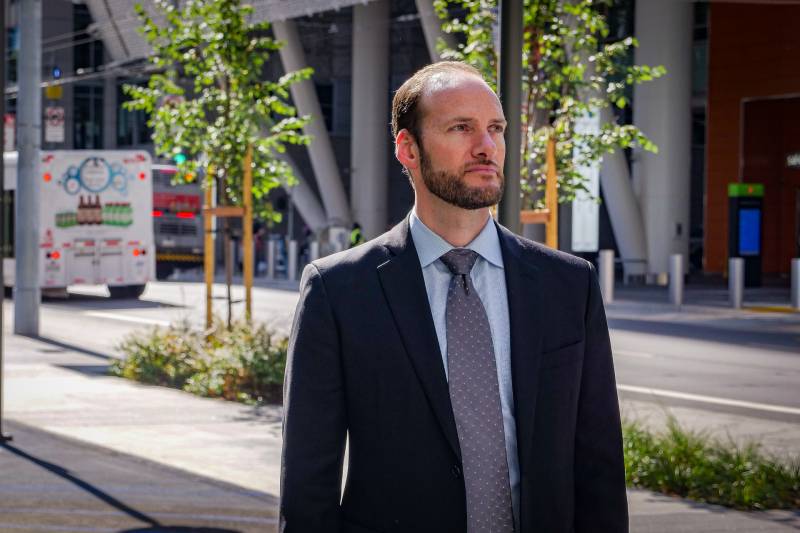On How He Felt About His Parents Being Imprisoned
On one hand, I was very, very angry for many years at them for participating in such a horrific crime and for doing it in a way that so jeopardized my own well-being and safety. I also felt as a child the sense of stigma and shame as though it was somehow my fault. This is a really common experience for children with incarcerated parents to have to feel that, you know, they could have prevented the harm, that they should have warned their parents not to do it.
I would often say to my adoptive parents in moments of emotional difficulty as a child, I'd say things like, 'If only I could have talked, I would have warned them not to go or things like if if I'd been more lovable, maybe they wouldn't have risked losing me.' Feelings that as an adult with maturity, in hindsight, I know are irrational, but which are really common among children whose parents commit crimes. And I was lucky, luckier than most children with parents who were in prison to have a tremendously supportive network of family and friends.
On How His Father's Incarceration Influences His View of the Criminal Justice System
I think my dad appreciates a few things. One, that, you know, having lived in prison for now, 38 years, he appreciates more than probably any of us that there are some people who are tremendously violent and who are probably not safe to be my neighbor or your neighbor.
He understands that in a way that few other people could, because having been in prison maximum security for 38 years, he has seen it all. He's now 75-years-old and he lives on a cell block with people who are much younger than I am.
But he also understands in a way that few of us could that the criminal justice system and prisons as they exist today are mostly not making us safer and are mostly actually creating more violence, both inside prisons and when people come home to communities.
And so he is hopeful, as I am, that the work I do as district attorney will help to reimagine and transform our country's approach to crime and punishment in ways that decrease our reliance on prisons and make us safer.
On Spending Time in Venezuela as a College Student
I had studied abroad in Chile on a Rotary International scholarship as a junior in college from Yale. I had a lot of friends in Chile. And so during that gap year, I went back to Chile and I backpacked from Chile all the way up to Venezuela, up the Andes through Ecuador. And then I boated down the Amazon River through Ecuador, Peru, Colombia, Brazil. And I actually read the Jon Lee Anderson Che (Guevara) biography while I was on a boat on the Amazon River, which was a fun, fun way to pass the time. When when I got to Venezuela, I didn't know anybody, I'd never been there before and I had one friend.
On Working With Those Who Opposed Him in the Campaign
I'm committed to listening to everybody who has experience and who has a perspective on the criminal justice system, to community groups, to merchants associations, to hardworking men and women in the Police Department, in the Sheriff's Department. And I think, obviously, to other leaders in city government. And I want to work with everybody. I know that we're going to have some disagreements about what specific approaches and policies are best. That's part of the democratic process. I also know that we can broadly agree that what we all want is a more just criminal justice system and one that's more effective at preventing crime and and holding people accountable in ways that dignify victims and prevent recidivism.
